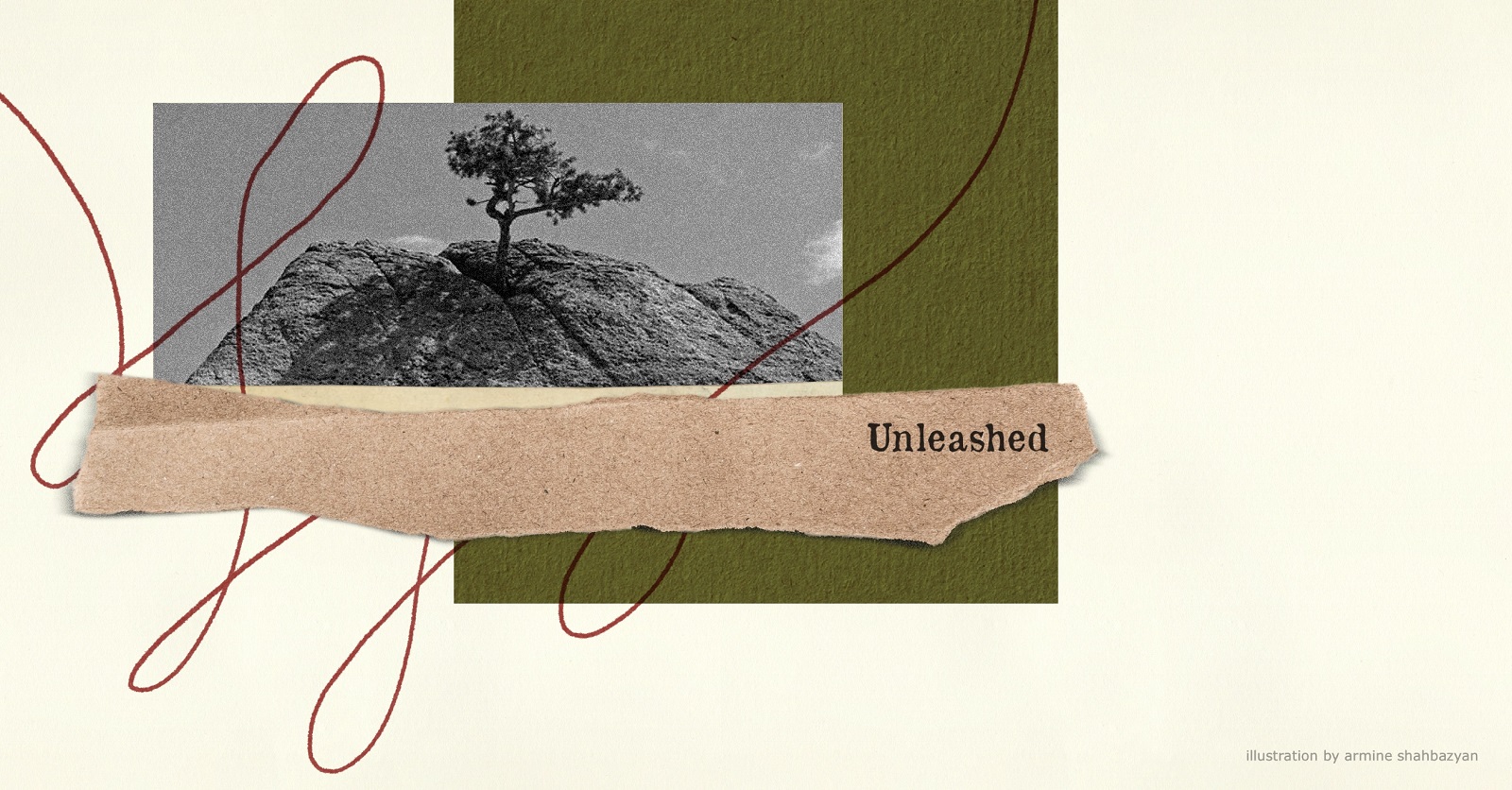

As we mark the solemn one-year anniversary of the forced displacement of Armenians from Artsakh—an act of ethnic cleansing that has left deep scars from wounds still fresh—we reflect on the past year against a background of the centuries of tragedies we have suffered as a people. And as this painful anniversary aligns with the 33rd year of Armenia’s independence, what should be a celebration of our hard-won sovereignty is overshadowed by lingering sadness. This mix of joy for Armenia’s independence and grief for the loss of Artsakh puts our ongoing fight for a safe and recognized homeland into clear, if disconcerting, perspective.
Throughout history, countless civilizations like the Sumerians and the Hittites have faded from memory, their legacies now confined to the pages of books. In contrast, the spirit of peoples like the Yezidis, Kurds, and Assyrians endures, as they continue to maintain rich cultures despite their lack of sovereign territory. Unlike these groups, however, Armenians currently possess the distinct advantage of an internationally recognized nation-state—a political and cultural platform that allows us to safeguard our heritage and assert our rights on the global stage. This rare privilege, one that many peoples yearn for but do not possess, should inspire gratitude and a resolute commitment to cherish and protect what we have secured.
The story of Armenia and Armenians is a tribute to the unbending lifeforce of a civilization that, against all odds, continues to exist. From the ashes of lost empires and vanished realms, Armenia has maintained its autonomy—a remarkable feat considering the fate of the once-vast Ottoman, Persian and Roman empires, whose modern remnants are but shadows of their former selves. Empires rise and fall, but the true measure of a people’s resilience is their ability to maintain their identity, and if they’re really lucky, their independence.
Today, the Republic of Armenia faces a demographic crisis, with more than 8 million ethnic Armenians living outside its borders compared to fewer than 3 million residing within. This significant imbalance poses a risk to our national security and challenges the maintenance of a robust national identity and sustainable development in Armenia. While Armenians around the world lament historic territories that were conquered or stolen, our remaining piece of homeland sits largely empty. We therefore must shift our focus from the lands we have lost to the land we have left—our Armenia. Our nation-state, while small, is undeniably ours, and it is incumbent upon us to uphold and nurture it.
Don’t get me wrong—I’m not suggesting we give up on Artsakh, especially not the right of its indigenous Armenians to return. The right of return for victims of ethnic cleansing is inalienable; we must hold onto it fiercely, and the day must come when Azerbaijan is held accountable for its crimes. But this focus and commitment should not come at the expense of also ensuring a safer, stronger, more secure Armenia.
This balance of priorities—advocating for the right to return to one part of our historic homeland while simultaneously strengthening another—is illustrated by the story of 11-year-old Ashot. In the early hours of Azerbaijan’s military assault on September 27, 2020, Ashot drove his family and neighbors—13 in total—from Artsakh to the safety of Armenia, maneuvering through dangerous paths as gunfire echoed around them. His father, called to duty and unable to evacuate his family, had previously taught Ashot to drive, a skill that became their salvation.
Ashot and his family’s desire to return to Artsakh remains strong, yet tempered by the current reality of the lack of safety under Azerbaijani rule. Their story, like those of more than 120,000 others who were forced to flee to Armenia in 2020 and 2023, is a testament to individual courage while at the same time a reminder of why strengthening Armenia’s security and sustainability is essential: because we need a homeland that is capable of supporting all of its children and keeping them safe.
Let us then, as a people, unite around the table that will shape Armenia’s future. Like Israel, which has become a sanctuary for Jews worldwide, Armenia must become a haven where all Armenians can explore and express their heritage. It’s time to move beyond the tragedies and territorial losses and to embrace the opportunities that the land internationally recognized as the Republic of Armenia offers us today. This is about transforming our collective pain into collective action, and ensuring that Armenia not only survives but thrives as a vibrant, dynamic state that upholds the spirit and aspirations of all Armenians.
Home, for me, transcends physical boundaries and the patches of earth we claim. It is the sum of our shared memories, our collective culture, and to be Armenian is to belong to a community that does not necessarily require a vast territory to validate its existence. Here, in this smaller stretch of land we can truly call our own, we are presented with the opportunity to redefine what it means to be home. It’s here, united in our effort and spirit, where we can forge a haven that nourishes every aspect of our Armenian identity.
The diaspora holds a vital role in this vision. Each of you carries a piece of Armenia in your heart, wherever you may be. But imagine the potential if that piece were to be planted in the soil of Armenia itself—contributing to its growth, its vitality, and its global voice. It’s here, on this land known as the Republic of Armenia today, where your presence can turn into prosperity, where your dreams can come true, and where your talents can meet the opportunities that only an emerging nation-state can offer.
Diaspora, I wish you would come home.
See all [Unleashed] articles here
Listen to Sheila’s personal reading of “Home/Land”.

Sheila Paylan is an international human rights lawyer and former legal advisor to the United Nations. Now based in Yerevan, she regularly consults for a variety of international organizations, NGOs, think tanks, and governments.

